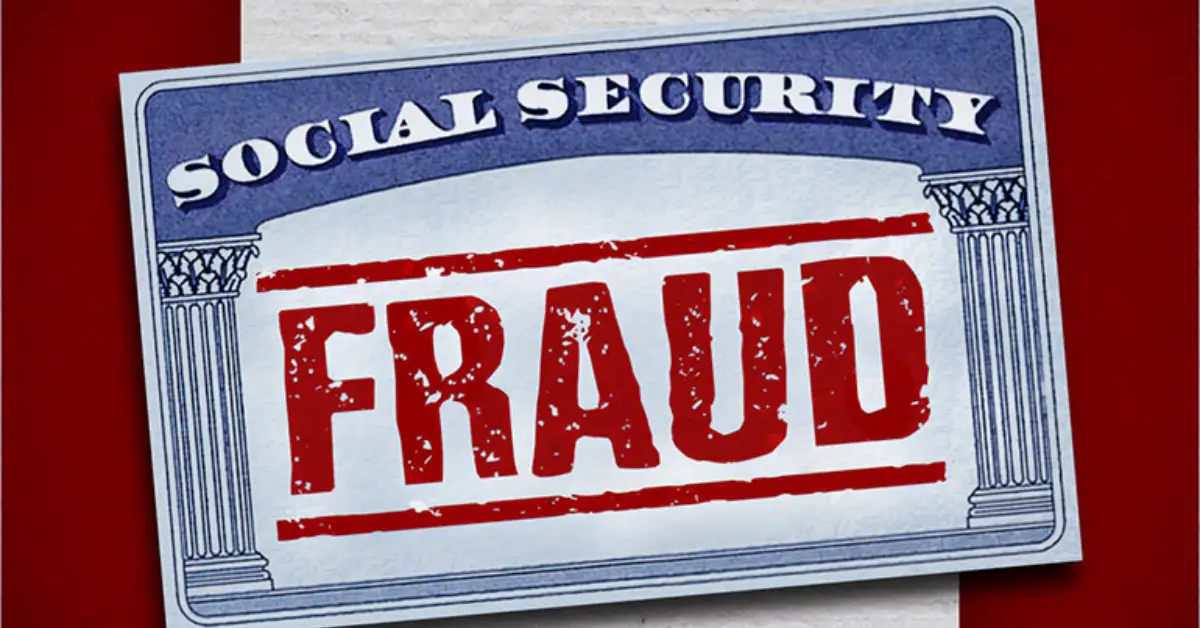Social Security benefits are something most people pay into throughout their working lives, but have you ever wondered what happens to your benefits if you pass away?
Who gets your Social Security payments after you die, and how can your loved ones claim them? Understanding this can be crucial for your family’s financial security.
Let’s break down everything you need to know about Social Security and how it works after death.
What is Social Security?
Social Security is a government program that provides financial assistance to people in retirement, as well as to those who are disabled or survivors of deceased workers.
The system is funded through payroll taxes collected from workers’ earnings.
In short, Social Security is a safety net designed to support people who are retired, disabled, or surviving family members of a worker who has died.
Who Gets Social Security After You Die?
When you pass away, your Social Security benefits don’t just disappear. In fact, in many cases, certain family members may be eligible to receive benefits based on their earnings records.
Here’s a breakdown of who could get your Social Security payments after you die:
1. Surviving Spouse
A surviving spouse may be entitled to receive Social Security benefits after the death of their partner. The amount they can claim depends on their age and other factors:
- Full Retirement Age: If the surviving spouse is at full retirement age (usually 66 or 67, depending on their birth year), they can claim 100% of the deceased spouse’s benefits.
- Early Claiming: If the surviving spouse is younger than full retirement age, they can begin receiving benefits as early as age 60, but the amount will be reduced to about 71% to 99% of the deceased spouse’s benefits.
- Widows/Widowers with Disabled Children: If the surviving spouse is caring for a disabled child or a minor under the age of 16, they may be able to claim benefits at any age.
2. Minor Children or Disabled Children
Children of the deceased worker might also be able to receive Social Security benefits. However, the children must meet specific criteria:
- Under 18: Children under the age of 18 can receive Social Security benefits if their parent has passed away. These benefits are typically 75% of the deceased worker’s full benefit.
- 18-19 Years Old: Children can continue to receive benefits if they are still in high school, but the payments will stop once they graduate or turn 19, whichever comes first.
- Disabled Children: If a child has a disability that started before age 22, they might be able to continue receiving benefits even as an adult.
3. Parents (In Some Cases)
In some cases, parents who were dependent on the deceased worker may qualify for Social Security benefits. However, this is only possible if the deceased worker provided at least half of their parents’ financial support.
- Age 62 or Older: If the parent is 62 or older, they can apply for survivor benefits if they were dependent on the deceased worker.
- Other Requirements: The parent must prove they were dependent on the deceased worker, and they must not be receiving a higher benefit amount from their own earnings record.
4. Ex-Spouse
An ex-spouse might also be entitled to Social Security benefits if certain conditions are met:
- 10-Year Marriage: The ex-spouse must have been married to the deceased for at least 10 years.
- Divorce Status: The surviving ex-spouse does not need to have remarried to claim these benefits.
- Age Requirements: The ex-spouse must be at least 60 years old to begin receiving survivor benefits.
How Much Will They Receive?

The amount of Social Security benefits your loved ones will receive depends on several factors, including your earnings history and the family member’s relationship to you.
However, Social Security survivor benefits are typically a percentage of the deceased worker’s full benefits.
- Widows/Widowers: A surviving spouse can receive up to 100% of the deceased worker’s benefits if they wait until their full retirement age.
- Children: Eligible children can receive 75% of the deceased worker’s benefit.
- Ex-Spouse: A surviving ex-spouse can generally receive the same benefit amount as a current spouse, provided they meet the eligibility requirements.
How to Apply for Survivor Benefits?
If you are the surviving spouse, child, or dependent of a deceased worker, you will need to apply for Social Security survivor benefits through the Social Security Administration (SSA).
You can apply for these benefits online, over the phone, or in person at your local Social Security office.
The SSA will require certain documents to process the claim, including:
- Proof of Death: A death certificate will be needed to show that the worker has passed away.
- Marriage or Divorce Documents: If the claim is made by a spouse or ex-spouse, they may need to provide their marriage or divorce certificate.
- Birth Certificates: For children, a birth certificate will help prove their eligibility.
It’s important to apply for these benefits as soon as possible after the death of the worker, as delays can affect the amount of money your family receives.
What If No One Claims the Benefits?
If no one is eligible to receive your Social Security benefits after you pass away, any remaining benefits will generally be returned to the Social Security Trust Fund.
This situation can occur if there are no eligible family members, or if they don’t apply for the benefits in time.
How to Protect Your Family’s Social Security Benefits?
While the Social Security Administration provides guidelines on who can receive benefits after your death, it’s a good idea to plan ahead to ensure your loved ones can access this financial support. Here are some steps you can take:
- Keep Your Family Informed: Make sure your spouse or children know where your important documents are, including your Social Security number, birth certificate, and marriage certificate.
- Create a Will: Having a will can help direct your benefits to the right people and avoid confusion.
- Talk to a Financial Advisor: Consulting a financial advisor or attorney can help you ensure your family receives the full benefits they are entitled to after your passing.
Conclusion
Understanding who will receive your Social Security benefits after your death is an important part of your financial planning. By knowing your options and communicating with your loved ones, you can make sure they are supported during a difficult time.
Whether it’s a surviving spouse, children, or even an ex-spouse, Social Security can provide much-needed assistance to those left behind.




